Free speech fears and far-right conspiracies: the culture war over Ireland’s hate speech bill A chorus of negative reactions to the bill has grown louder in recent weeks. 25.7k 92 May 29th 2023, 12:05 AM
POLITICS MAKES STRANGE bedfellows.
When Ireland’s proposed hate speech laws, The Criminal Justice (Incitement to Violence or Hatred and Hate Offences) Bill 2022, passed final stage in the Dáil last month, the most high-profile criticism came from international right-wing figures online.
“This is a massive attack against freedom of speech,” Elon Musk wrote on Twitter.
“It’s insane what’s happening in the “free world”,” Donald Trump Jr, the former US president’s son, decried while quoting a tweet which warned what the law could mean for those in possession of “hateful” material on their device.
Unbeknownst to them, the pair echoed arguments made during the final Dáil debate on the bill by a self-styled socialist.
People Before Profit’s Paul Murphy, a TD who would definitely see himself on the opposite end of the political spectrum to the Trumps, made a series of failed last-ditch attempts to amend the legislation.
He repeatedly warned about the bill’s creation of “thought crime” and complained about its lack of an explicit reference to the right to freedom of expression.
“Persons can be criminalised for having hateful material on their computer but without having published it or caused incitement to hatred or a consequence for anybody else,” he said during the bill’s final debate in the Dáil.
It’s difficult to imagine many other situations in which Murphy, Musk and Trump would appear on the same side of a contentious political debate, but controversy over the proposed hate speech laws has created an unusual space in which exponents of opposing political outlooks have united.
The ranks of those against the bill have swelled in recent weeks, with NGOs and free speech groups joining the chorus of Irish and international detractors.
The Government continues to defend the bill – which only has to pass through the Seanad before going to the President to be signed into law – amid a strange battle in a wider culture war where most people are actually on the same side.
But it does beg the question, why has the chorus of negative reactions grown so much louder in recent weeks?
The bill, itself, was first approved by the Government in 2021.
A ‘form of deterrence’
At the time, then-Justice Minister Helen McEntee explained that the Government wanted to “stamp out prejudice and hate” and to show solidarity with minority groups.
“Offenders will also be managed appropriately, and perpetrators will know that their crimes will be reported, investigated and prosecuted, which is the most effective form of deterrence,” she said.
Although legislation on hatred already exists in Ireland in the form of the Prohibition of Incitement To Hatred Act 1989, critics have argued that this is ineffective and point to the fact that it has only led to around 50 prosecutions in almost a quarter of a century.
The new bill will, if it passes into law, introduce more up-to-date protections than those contained in that legislation, such as gender identity and disability.
In a nutshell, it seeks to buttress the laws on hate speech in Ireland by strengthening the legal recognition of hatred in the criminal justice system.
It would create new aggravated forms of a number of existing crimes, where those crimes are proven to be motivated by prejudice against ten “protected characteristics”.
These characteristics are: race; colour; nationality; religion (including the absence of religion); national or ethnic origin; descent; gender; sex characteristics; sexual orientation; and disability.
If the new bill becomes law, prosecutors will be allowed to consider that crimes against vulnerable individuals or communities could be motivated by hatred against them, based on those characteristics.
By recognising hatred as a motivation in law, Irish courts could potentially consider certain crimes to be aggravated by these protected characteristics, which in turn could lead to longer sentences.
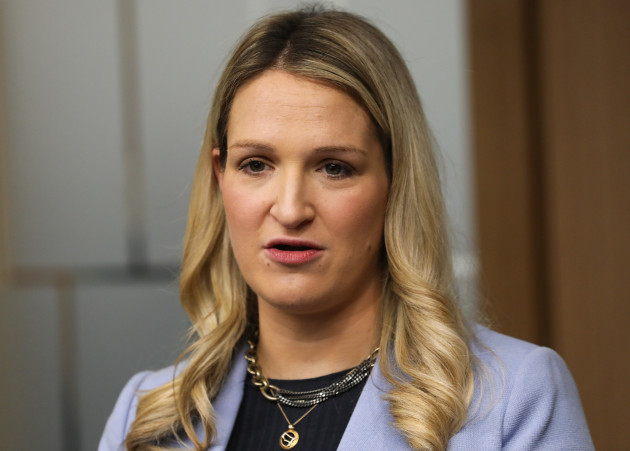 Sasko Lazarov / RollingNews.ie Justice Minister Helen McEntee introduced the bill two years ago
Sasko Lazarov / RollingNews.ie Justice Minister Helen McEntee introduced the bill two years ago
Those who would be protected by the legislation have welcomed the bill, particularly groups within the Coalition against Hate Crime, an umbrella grouping made up of 22 representative organisations for those who are commonly targeted by hate crimes.
The coalition has long campaigned for a review of the Prohibition of Incitement to Hatred Act and the introduction of hate crime laws.
In a submission to the Oireachtas in 2021, the coalition pointed to research showing how the impact of hate crime could be greater than the comparative impact of crimes committed where no such bias existed.
“Part of the importance of hate crime legislation is the symbolic value – for victims and society at large – of labeling the offence and explicitly condemning the bias motive,” the group said.
The submission also pointed to the potential use of data arising from criminal convictions, which it suggested could ultimately prevent similar crimes occurring in future.
“In addition, with aggravated offences patterns relating to the commission of such crimes have greater visibility and data on hate crime is easier to collect, which can then better inform the legal and policy responses required to combat such crimes,” it added.
Culture war issue
But the potential criminalisation of forms of speech has been seized upon to make the passage of the bill a culture war issue.
Anticipating this as far back as 2021, McEntee said that the proposals are not about criminalising instances where someone is merely offended by something another has said, but rather about preventing forms of speech that could lead to harm and illegal discrimination.
“The legislation we are working on will be evidence-based, while respecting the vital constitutional right to freedom of expression and association,” she said.
The passage of the bill through the Dáil has simply ignited concerns, however, with perceived issues about the impact the bill could have on the right to free speech catalysing opposition towards it in recent weeks.
On top of international criticism from the likes of Trump and Musk, an array of Irish-based groups and individuals have latched on to the bill, with some conflating it with other culture war issues.
Occasionally, such critics have used the bill as an excuse to attack some of the minorities the proposed legislation would protect.
During a rally organised by the far-right Irish Freedom Party to “protect free speech” outside Dublin’s Customs House earlier this month, multiple speakers launched verbal attacks on transgender people in speeches criticising the bill.
“I want to protect my kids from dangerous trans ideology,” one woman told the assembled audience, claiming she needed to be able to speak ‘freely’ in order to do so.
The party’s president and founder Hermann Kelly, who has previously claimed that “anybody who puts sugar on their porridge will be dishonestly smeared as far-right”, also appeared to address immigration issues during his speech at the rally.
“What’s clear over the last number of years, with the legislation that’s been brought in – and you can see even about the priority of people on the housing list – that the people who the Irish Government hate is the Irish people,” he told the rally.
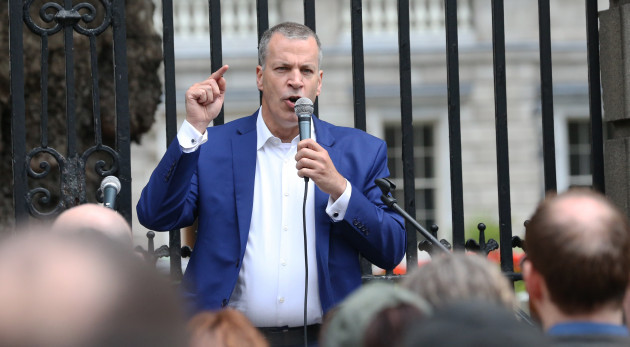 Sasko Lazarov / RollingNews.ie Irish Freedom Party leader Hermann Kelly
Sasko Lazarov / RollingNews.ie Irish Freedom Party leader Hermann Kelly
The bill is also discussed regularly in conspiracy groups and the channels of Irish misinformation spreaders on the messaging app Telegram, though it received limited attention until after it passed through the Dáil at the end of last month.
Those channels contain outlandish claims that the proposed law is designed to defend “globalists” and that it another step in the ongoing “plantation” of Ireland (a local version of the Great Replacement conspiracy).
Prominent figures have shared lists of all senators’ email addresses, urging people to ask for the bill to be amended in the Seanad, while others have called for an email campaign to President Michael D Higgins to demand that he refuses to sign the bill into law.
‘Uncensored debate’
Grassroots groups are also campaigning on the issue, notably Free Speech Ireland, whose tweets were quoted by Musk and Trump in their critiques of the bill.
The extent of the group’s membership and the identity of its leaders are unknown, though it claims on its website to have “members, students and college alumni from all across Ireland” after starting out in University College Cork in 2018.
It says its aim is to preserve the right to freedom of speech and expression, and it has opposed the bill since at least last year.
“If it’s not nothing to do with the incitement of violence or any incitement to commit a crime, [we think] that’s acceptable speech,” Free Speech Ireland’s Alex Sheridan told attendees at a press conference in Dublin a few weeks ago. I think developed nations [should] have no issue with uncensored debate.”
During a presentation outlining why the group was opposed to the bill, Sheridan highlighted examples of things that were prosecuted in other jurisdictions under laws on hatred – suggesting similar may happen here if the legislation as it stands becomes law.
Those examples included the animated sitcom South Park, though the bill does contain exceptions for material that consists solely of “a reasonable and genuine contribution” to several fields, including artistic discourse (which may except comedy shows).
The group also expressed concerns about the use of the image of Pepe the Frog, an internet a meme often – though not exclusively – used by the far-right.
Sheridan questioned whether Ireland’s hate speech laws could lead to commercial pressures similar to those faced by a pub in the UK, where golliwog dolls were seized in April after being prominently displayed in the pub.
The pub’s landlady, Benice Ryley, had put the dolls on show near a sign which read “If you feel offended please do not enter”, before police seized the dolls as evidence and began investigating their display as a hate crime.
The pub has since closed down after Heineken and Carlsberg said they would no longer sell lager to its owners, while a maintenance company also refused to work on the site.
In another example, Sheridan asked whether hate speech laws in the UK were justified in the prosecution of former UKIP candidate Mark Meechan for filming a dog responding to Nazi slogans.
Meechan had recorded and uploaded to YouTube a clip of his girlfriend’s dog responding to statements such as “gas the Jews” and “Sieg Heil” by raising its paw.
A court found that the video was “anti-Semitic and racist in nature”, aggravated by religious prejudice; it rejected a claim made by Meechan that he had made the video simply to annoy his girlfriend.
Claiming that Ireland did not need to see hate speech laws because they already exist here, Free Speech Ireland suggested the bill was being pushed by “NGO groups funded by foreign billionaires, sometimes by bodies like the EU”.
Sheridan claimed that such groups have lobbied governments to introduce hate speech laws around the world.
When asked by The Journal to name such billionaires, Sheridan refused to answer but referenced the Open Society Foundations, founded and chaired by George Soros, a frequent target of anti-Semitic conspiracies.
The claim of foreign influence was echoed at the meeting by Independent Senator Ronan Mullen, who also expressed opposition to the bill and suggested vaguely that there was an “international element” to the proposed legislation.
“[There have been] very few prosecutions under current legislation and it’s assumed that this is a problem. Why is that a problem?” Independent Senator Ronan Mullen also said last week.
“It’s not like people can just say anything in our society [and don’t] need to worry about the law. There are already protections in place.”
Polarisation
In recent weeks, however, the Government itself has fed the sense of polarisation around the bill, with certain figures dismissing opposition towards the proposed legislation as a unified pushback against plans to protect minorities.
The week that Musk and Trump attacked the bill on Twitter, Justice Minister Simon Harris dismissed their criticism by taking aim at the pair instead.
“Whenever you see Donald Trump Jr, the Trump family and Elon Musk oppose your legislation and then you see Fine Gael, Fianna Fáil, the Greens, Sinn Féin, Labour coming together to vote in favour of something? You know, there’s no conspiracy here,” he told reporters.
This narrative has played out in another form, allowing those against the bill, particularly on the far-right, to criticise opposition parties for not doing enough to prevent the bill from progressing.
They suggest that the opposition simply sided with the Government all through the process (a similar trend to anti-immigrant groups who are targeting opposition parties at protests in an effort to hoover up some of their vote).
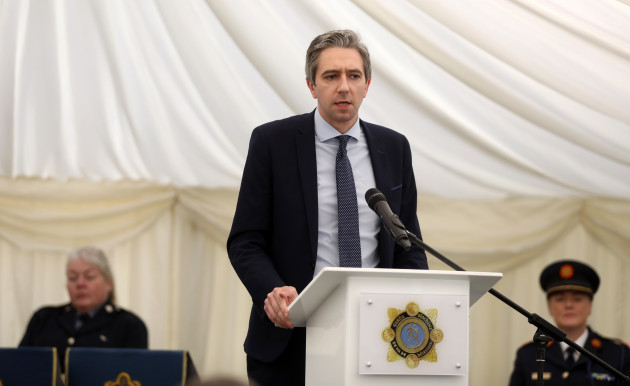 Leah Farrell / RollingNews.ie Simon Harris recently dismissed criticism of the bill
Leah Farrell / RollingNews.ie Simon Harris recently dismissed criticism of the bill
Yet both perspectives – the Government and the far-right’s – present a binary choice of being for or against the bill and obscure more nuanced forms of opposition.
NGOs and some opposition parties expressed concerns with certain sections of the bill, despite welcoming it overall.
Although far-right groups are correct to say that most opposition parties – such as Sinn Féin and Labour – voted to send the bill through the Dáil in a final vote, TDs from both parties voted against the Government to alter or remove controversial sections of the legislation in the debate that preceded that final vote.
That included a proposal to remove the bill’s most controversial section, Section 10, in an amendment put forward by Paul Murphy.
The section outlines a proposed offence of creating or being in possession of material that is deemed likely to incite violence or hatred.
This will make it an offence to possesses inciteful material that could be communicated to members of the public, whether by the person who possesses it or someone else.
There are further worries about a subsection of the bill, which some say could upend the traditional legal presumption of innocence if it becomes law.
It says that a person in possession of hateful material will “be presumed, until the contrary is proved” to be in breach of an offence.
In a speech during the final debate that was widely shared online, Murphy captured the nuance of this other, non-binary form of opposition, which welcomes how the bill would protect minorities while also being concerned at what could mean if it is enacted.
“Section 10 creates the possibility of someone being criminalised purely for having material which is hateful, without that material being communicated to the public,” he said.
“That’s a problem, in my opinion. That gets to the fundamental problem of this bill; that is the creation of a thought crime.
“Someone has hateful material on their computer; they don’t publish it; no incitement to hatred is caused; there’s no consequences to anyone else […] and they can be criminalised as a consequence of that.
“Again, to be clear, I’m completely against this hypothetical hateful material that this person has on their computer. But I think this is extremely problematic.”
It was also this specific section that prompted criticism from Musk and Trump, and among others who raised concerns about it were the Irish Council for Civil Liberties (ICCL), a leading member of the Coalition against Hate Crime.
The group particularly raised fears about the idea that a person suspected to be in possession of hateful material could have to prove that it is solely for personal use.
“Normally in the criminal case, the burden is on the prosecutor to prove the offence. That’s at the heart of what it is to be presumed innocent,” Doireann Ansbro, ICCL’s Head of Legal and Policy told The Journal.
“What we’re seeing here, we would agree, is that there is a reversal of the burden of proof. We would totally disagree with that. We think it should be on the prosecutor to prove any every element of a crime. We don’t agree with any kind of reversing of the burden of proof.”
A vote to remove this section of the bill, proposed by Murphy and supported by People Before Profit, Sinn Féin, Labour, Aontú and other Independent TDs, was defeated before the legislation passed final stage.
“Within Section 10, we have the creation of thought crime and then a dangerous reversal of the burden of proof, where the burden is now placed on the accused to overturn the presumption that the material was not intended for personal use,” Murphy said during the final debate.
“This is extremely problematic. There is a real problem in terms of civil liberties with this section.”
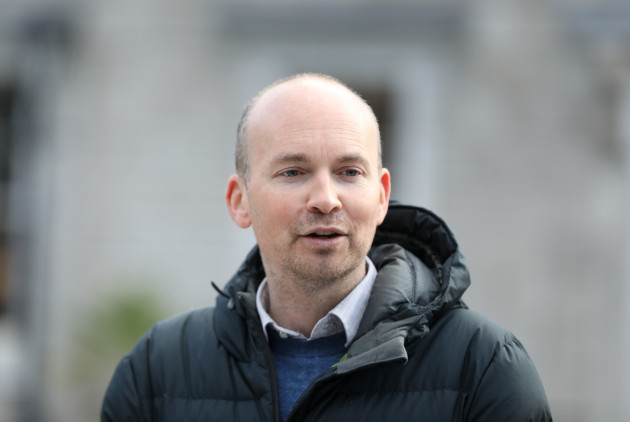 Leah Farrell / RollingNews.ie People Before Profit’s Paul Murphy, who has described the bill as ‘problematic’
Leah Farrell / RollingNews.ie People Before Profit’s Paul Murphy, who has described the bill as ‘problematic’
‘People trying to overstate things’
The Department of Justice has disputed these claims, saying in a statement to The Journal that claims the bill equated to “thought crime” were “erroneous”.
“The provisions being referenced here apply to where an individual has a clear intention to disseminate harmful material which would incite violence or hatred – for example pamphlets, websites, public displays of hateful material etc. against members of vulnerable and minority groups,” a spokesperson said.
“Furthermore, preparing and possessing material that is likely to incite hatred is already an offence under the 1989 Act and it is fundamentally important that we retain the latitude to hold these people to account, even if An Garda Síochána manages to intervene before the material becomes public.”
Simon Harris likewise suggested that such criticisms of the bill were unfounded, once again dismissing all opposition towards it as a single entity and conflating concerns about Section 10 with those who believe the entire bill impinges on free speech.
“The reality here is just people trying to overstate things for whatever reason, that’s fine. We live in a democracy that people have their debate,” he said.
“This legislation went to Dáil Éireann, there is not much that the opposition and the government agree on. Overwhelmingly, the Dáil passed this legislation, because it’s not about policing thought. It’s not about stopping freedom of expression.”
In the coming months, the bill will be debated in the Seanad before it is signed into law by President Michael D Higgins.
The nature of the debate in the upper house of the Oireachtas will depend on how effectively the various campaigns against the bill mobilise – and how well those who are normally political opposites attract each other – between now and then.
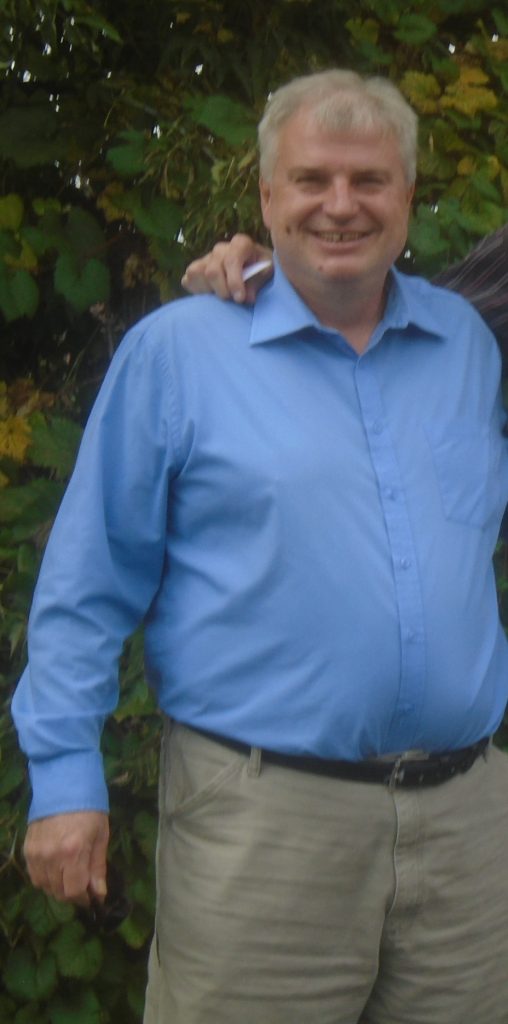






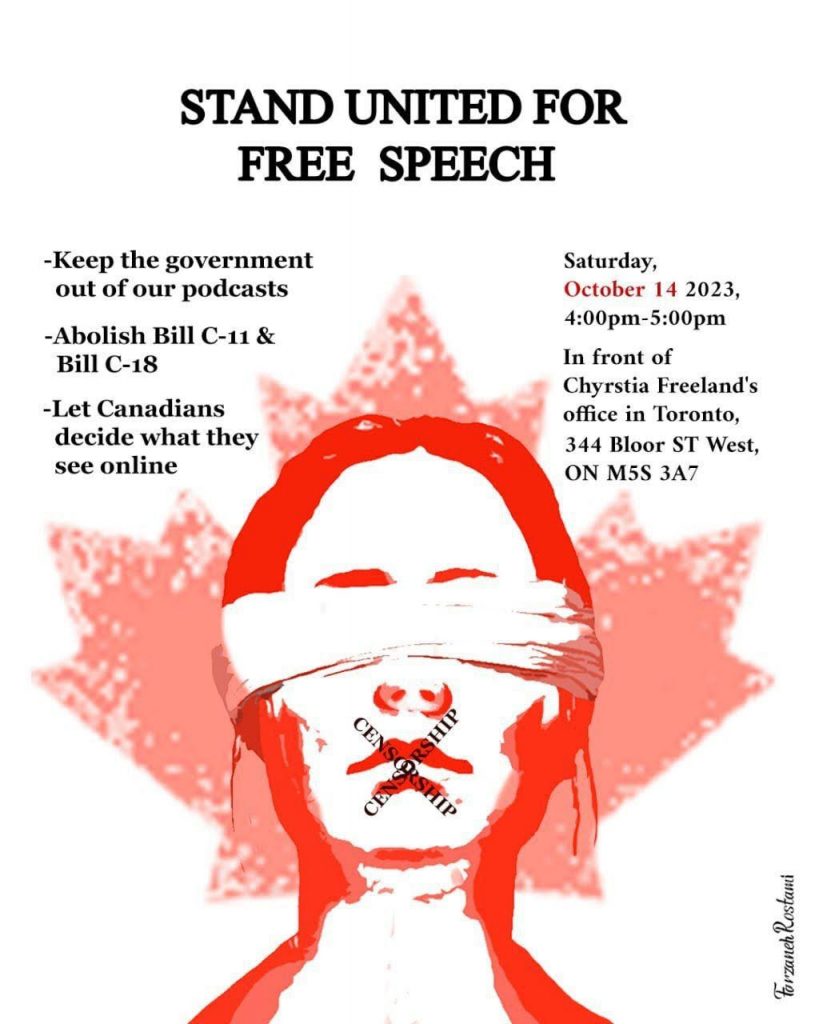
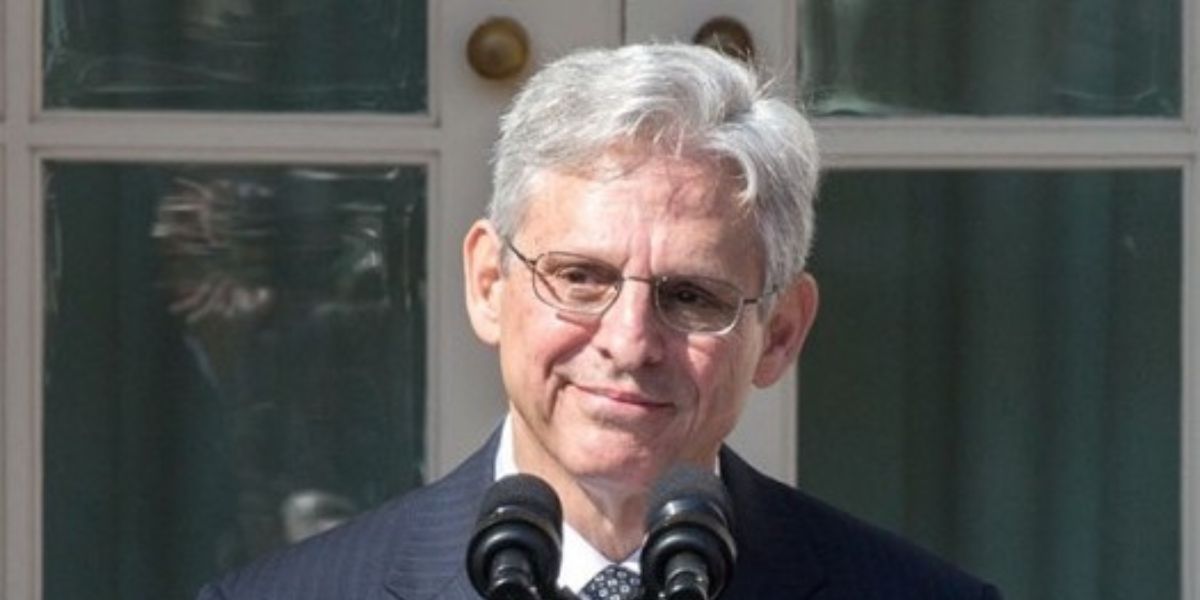



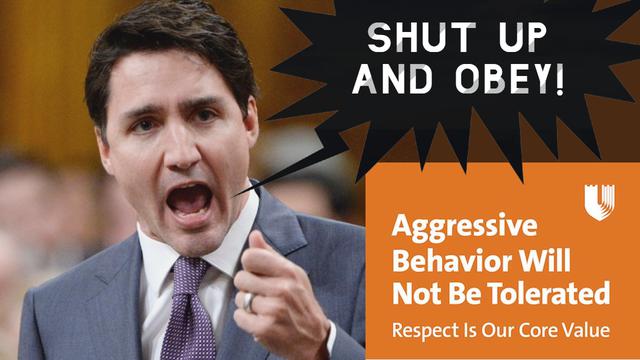
 Sasko Lazarov / RollingNews.ie Justice Minister Helen McEntee introduced the bill two years ago
Sasko Lazarov / RollingNews.ie Justice Minister Helen McEntee introduced the bill two years ago Sasko Lazarov / RollingNews.ie Irish Freedom Party leader Hermann Kelly
Sasko Lazarov / RollingNews.ie Irish Freedom Party leader Hermann Kelly Leah Farrell / RollingNews.ie Simon Harris recently dismissed criticism of the bill
Leah Farrell / RollingNews.ie Simon Harris recently dismissed criticism of the bill Leah Farrell / RollingNews.ie People Before Profit’s Paul Murphy, who has described the bill as ‘problematic’
Leah Farrell / RollingNews.ie People Before Profit’s Paul Murphy, who has described the bill as ‘problematic’